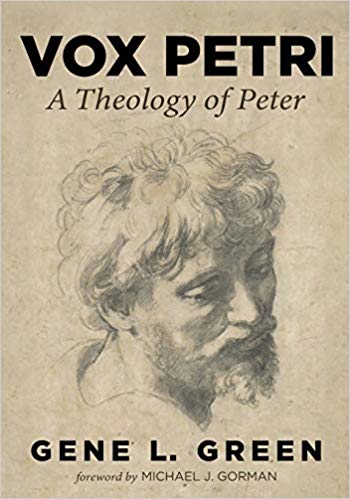BEN: You spend a good deal of time setting up the discussion based on a distinction between the ‘actual words of Peter’ and the ‘voice of Peter’ heard through some secondary, as well as perhaps one primary source. This is coupled with the stress on the difference between testimony and an unvarnished report of bare facts. Explain why these distinctions are important as one tries to hear the voice of the real or historical Peter?
GENE: Most, though by no means all, the current studies on Peter distinguish between the Simon of history and the Peter of faith, along similar lines surrounding the question of the relationship between the Jesus of history and the Christ of faith. Can we hear the apostle himself or do we simply have representations or images of Peter in the New Testament that have no substantive connection with the fisherman from Galilee named Simon Bar-Jonah? The argument of the book is that we can indeed hear Simon Peter, but he always speaks to us with the assistance of others who offer us a faithful representation of his voice, his thought, although they did not pen a verbatim rendition of his words. Hence the name of the volume is Vox Petri, the voice of Peter, and not Verba Petri, the words of Peter. In the middle of this are questions about historiography and testimony. How faithful were ancient historians in representing what historical figures did and said, their deeds and words? I explored both ancient and contemporary discussions on the epistemological category of testimony (many thanks to Richard Bauckham for sending me down this road through his Jesus and the Eyewitnesses). A unique feature of testimony is that it holds tightly to what occurred while, at the same time, it shows deep rhetorical concerns, audience concerns. In other words, in offering testimony ancient historians knew that they needed to be faithful to the history and to their audience, interpreting the received traditions for them. We often talk about this in terms of history and theology (we recall Howard Marshall’s work entitled Luke: Historian and Theologian). It’s not an either/or but a both/and. We can hear Peter’s voice through Mark, the Petrine speeches in Acts, and the Petrine literature although others are in the literary mix. We might say that Peter got by with a little help from his friends.













